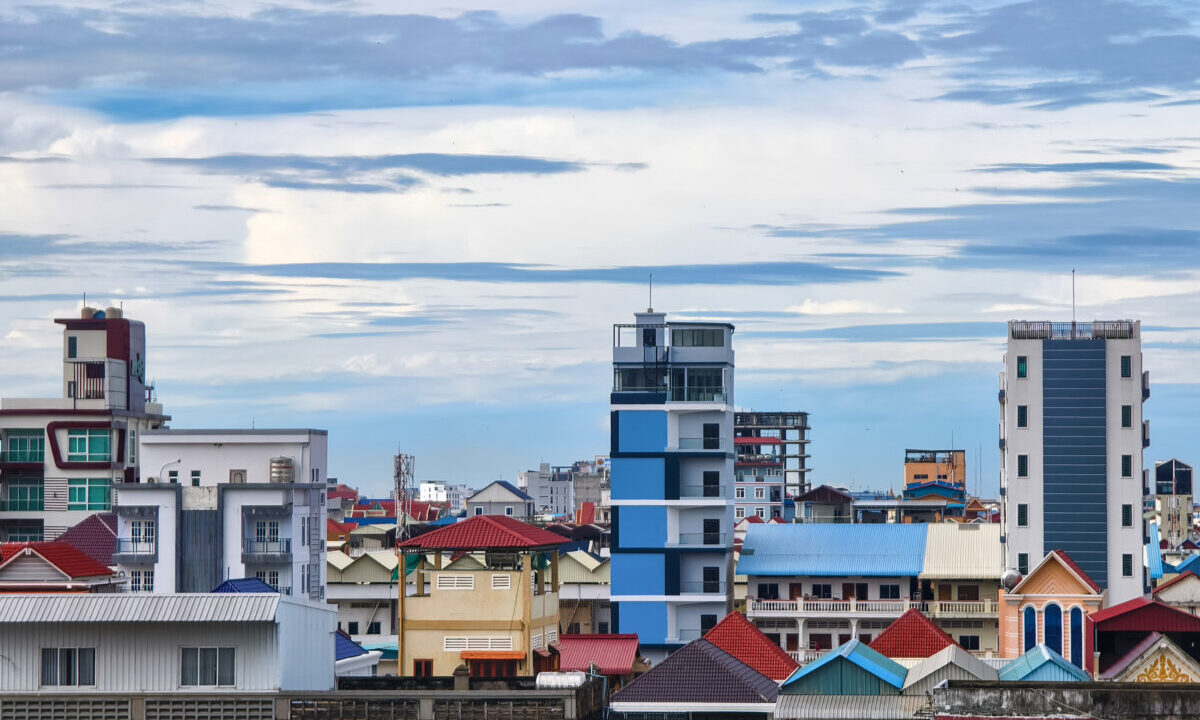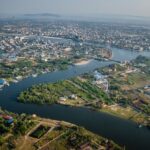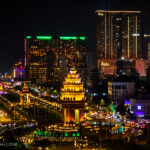
Cambodia has emerged as a prime destination for real estate investment, attracting expatriates from across Asia and Europe. With affordable property prices, a growing economy, and foreigner-friendly ownership structures, Cambodia offers excellent opportunities for those looking to purchase real estate. However, navigating the legal framework and investment process requires a clear understanding of the country’s regulations. This guide outlines everything you need to know about buying property in Cambodia as a foreigner.
1. Can Foreigners Own Property in Cambodia?
Yes, foreigners can legally own property in Cambodia, but with certain restrictions:
- Strata Titles: Foreigners can own condominiums and apartments in buildings that have strata titles, provided they do not exceed 70% foreign ownership in the building.
- Land Ownership Restrictions: Foreigners cannot own land directly but can gain control through long-term leases, nominee structures, or land-holding companies.
- Trusts for Property Ownership: Under Cambodia’s Trust Law, foreigners can set up a local trust to buy landed property, providing greater security for investment.
2. Step-by-Step Guide to Buying Property in Cambodia
Step 1: Choose the Right Property Type
Before purchasing, decide which type of property suits your needs:
- Condominiums & Apartments (Best for direct foreign ownership)
- Villas & Borey Houses (Requires leasing or trust structures)
- Commercial Property (Great for business investors)
Step 2: Verify Property Ownership & Legal Status
To ensure a secure transaction, verify the following:
- The property has a valid title (hard title or strata title)
- The seller is the legal owner
- There are no outstanding disputes or encumbrances
Hire a real estate lawyer to conduct due diligence before proceeding.
Step 3: Choose an Ownership Structure
Depending on your property type, select one of these legal options:
- Strata Title: If buying a condo
- Long-Term Lease (50 Years, Renewable): If purchasing landed property
- Nominee Structure: Using a trusted Cambodian citizen to hold the title (riskier)
- Land-Holding Company (LHC): Foreigners can set up a company with at least 51% Cambodian ownership
- Trust Structure: The most secure way for foreigners to own land in Cambodia
Step 4: Secure Financing (If Needed)
While local banks rarely offer mortgages to foreigners, alternative financing options include:
- Developer Financing (Installment plans for off-plan properties)
- International Banks (Loans from Singapore, Hong Kong, etc.)
- Private Lenders (Higher interest rates but flexible terms)
Step 5: Sign the Sales Agreement & Make Payment
Once you have agreed on a price, you’ll need to:
- Sign a Sale and Purchase Agreement (SPA)
- Pay a 10%–30% deposit (depending on the deal)
- Complete payment according to agreed terms (cash or bank transfer)
Step 6: Property Transfer & Registration
Your lawyer will handle the official property transfer process, including:
- Registering the title deed with the Land Management Office
- Paying applicable taxes and fees (approx. 4% transfer tax)
- Obtaining official ownership documents
Step 7: Move In or Rent Out Your Property
After finalizing the purchase, you can either move in or rent out your property to generate passive income. Rental yields in Phnom Penh average between 6-10% annually.
3. Costs & Taxes to Consider
Here’s a breakdown of the costs associated with buying property in Cambodia:
| Expense | Cost (%) |
|---|---|
| Transfer Tax | 4% of property value |
| Legal Fees | $1,000 – $3,000 (varies by lawyer) |
| Agency Fees | 1% – 3% (if using an agent) |
| Stamp Duty | 0.1% of property value |
| Annual Property Tax | 0.1% (for properties over $25,000) |
4. Why Invest in Cambodian Real Estate?
- High ROI Potential: Rental yields of 6-10%
- No Capital Gains Tax: Currently, private sellers are not taxed on property sales
- Stable USD Transactions: Property deals are mostly in US dollars, minimizing currency risks
- Growing Expat Communities: Ideal for retirees and remote workers
Final Thoughts
Buying property in Cambodia as a foreigner is possible and profitable with the right approach. By choosing the appropriate ownership structure, conducting due diligence, and working with reliable real estate professionals, you can secure a safe and rewarding investment in one of Southeast Asia’s fastest-growing markets.
Looking to buy property in Cambodia? Contact a trusted local agent to explore your options today!



